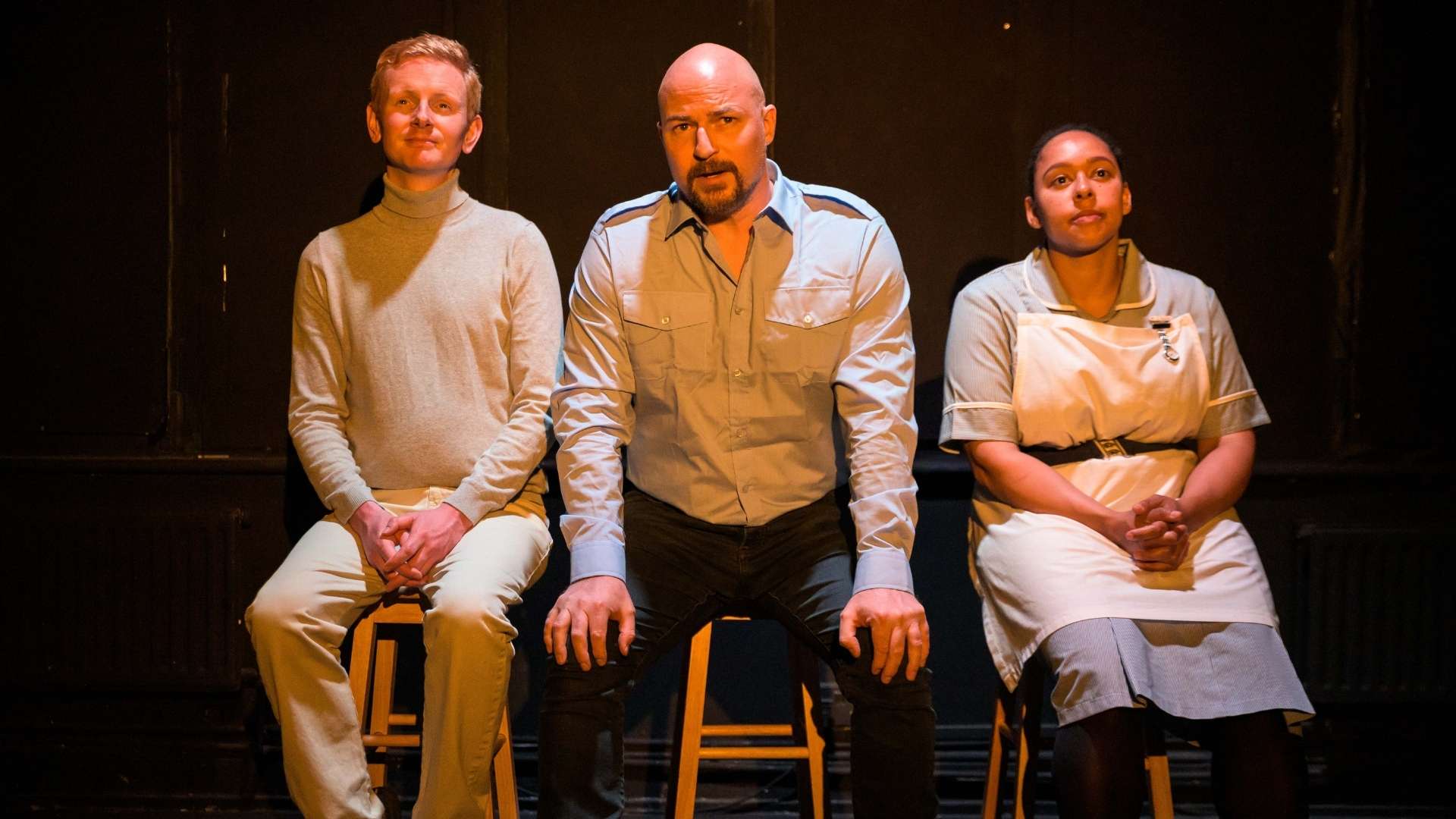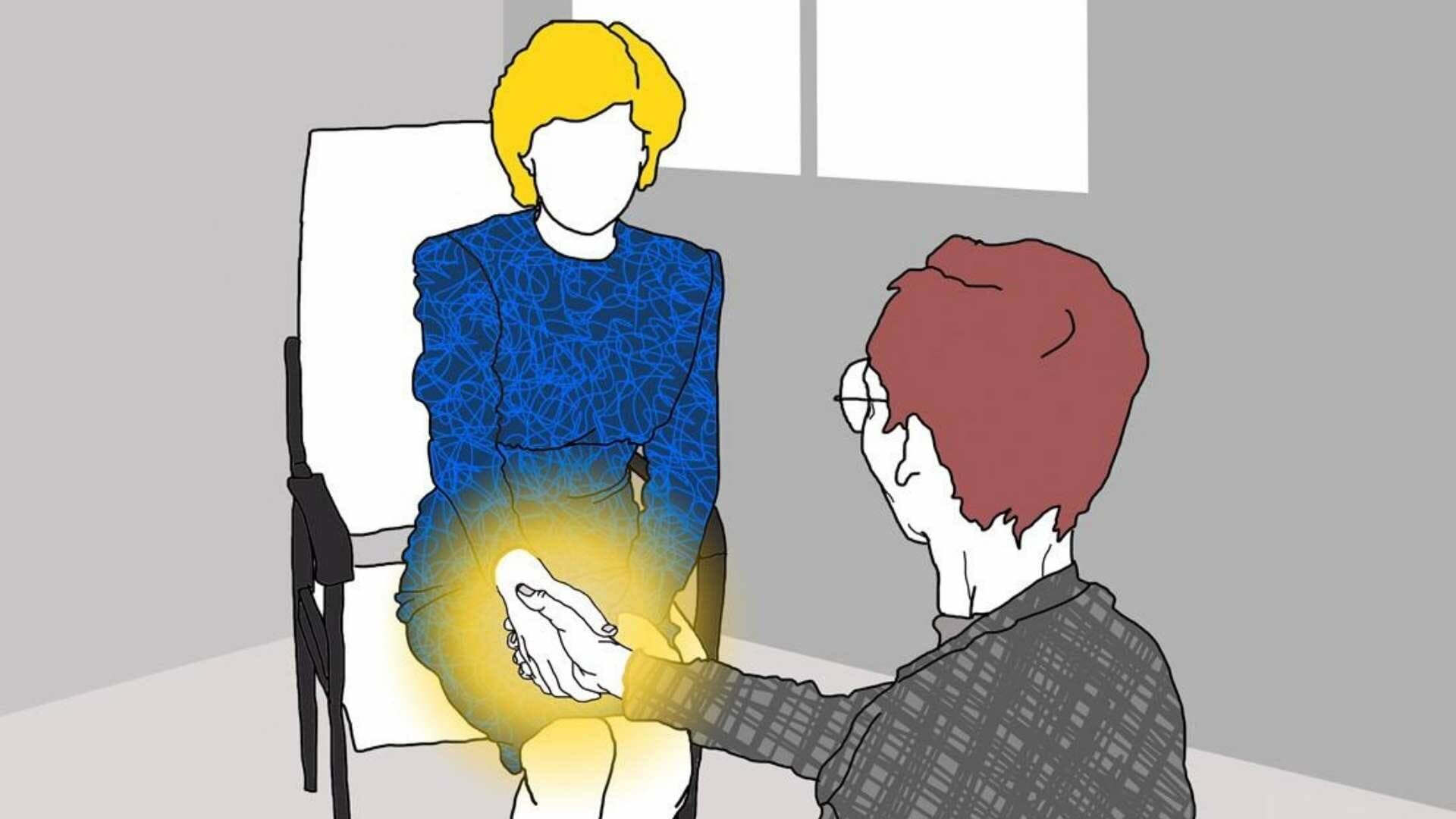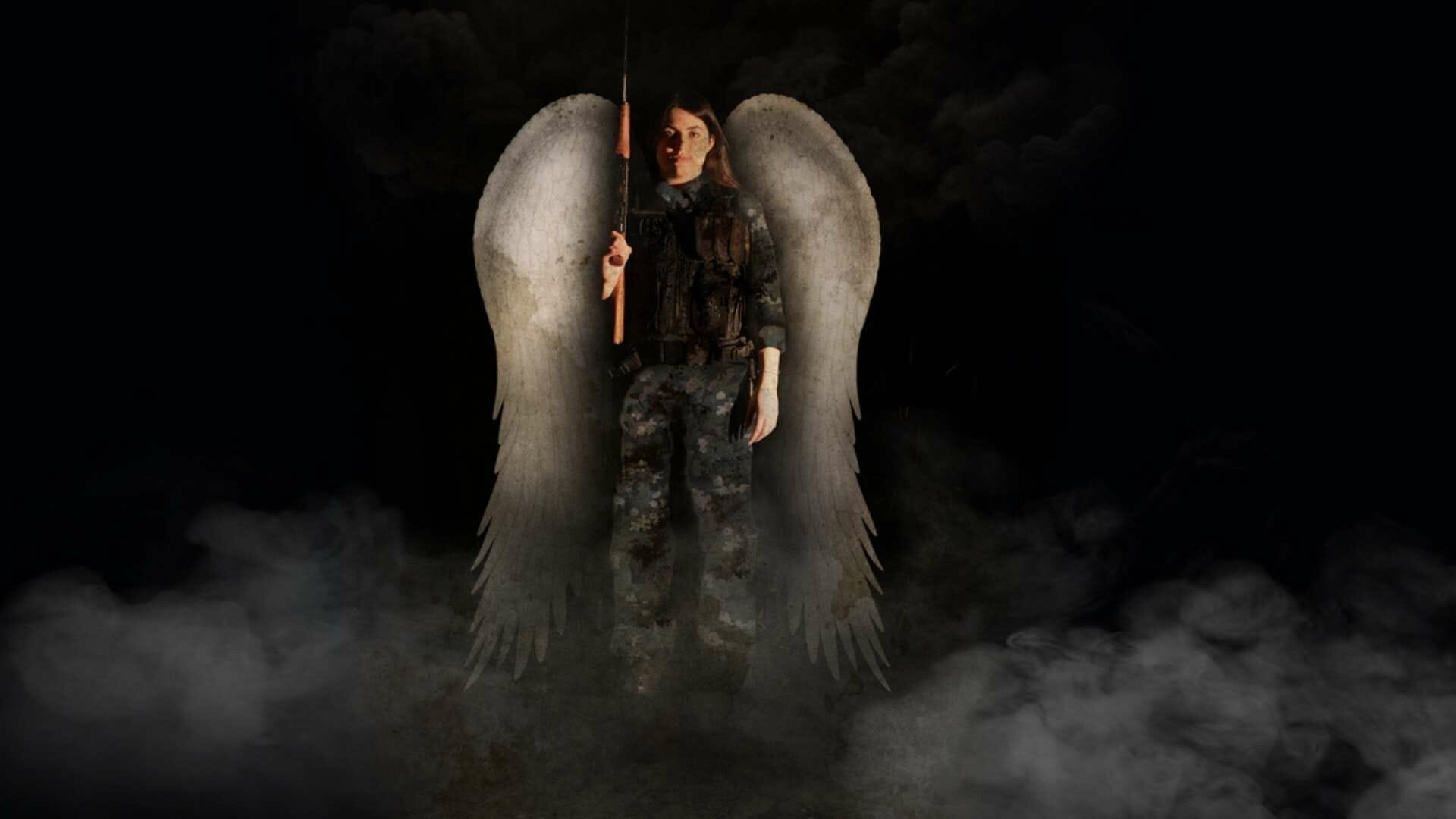 Moment Of Grace is a documentary-style drama following the late Princess Diana’s visit to the UK’s first medical unit dedicated to treating people with HIV & AIDS, specifically the historic moment that she shook the hands of the patients without wearing gloves. The story is told through the perspectives of three characters, each coming from different backgrounds and unique connections to the subject matter. The piece discusses how the media depicted homosexuality during the AIDS crisis and how important the actions and attitudes of the royal family were and still are to certain people in the UK, and is available to be streamed from the 31st July to the 9th August.
Moment Of Grace is a documentary-style drama following the late Princess Diana’s visit to the UK’s first medical unit dedicated to treating people with HIV & AIDS, specifically the historic moment that she shook the hands of the patients without wearing gloves. The story is told through the perspectives of three characters, each coming from different backgrounds and unique connections to the subject matter. The piece discusses how the media depicted homosexuality during the AIDS crisis and how important the actions and attitudes of the royal family were and still are to certain people in the UK, and is available to be streamed from the 31st July to the 9th August.
Bren Gosling’s script is sensitive and engaging, holding multiple mirrors up to the subject it explores. The characters are intellectually crafted and informed by realism, to the point the viewer could be easily convinced they were watching a piece of verbatim theatre. The accounts of the three characters voicing such different points of view enlightens the viewer on how the crisis affected the people infected, but also the people outside of it; in this case, the ward staff and their family members. For better and for worse, the dialogue spoken bears similarities to things said about homosexuality and those suffering from HIV/AIDS today, which makes the piece more relevant and important than ever.
Nicky Allpress’ direction of Moment of Grace has some striking moments, particularly when the piece is at its most tender and intimate. However, converting a piece of theatre to a virtual platform is a process that does prove turbulent for the piece in the adaptation process. Some of the camera work and editing decisions distract from the true meaning of the piece and what the character’s are actually saying. Unfortunately, this is the case for the climax of the piece. The sound effects and slow-motion imagery detract from the profundity of the moment, which is a shame considering the emotional maturity and consistency of the piece prior to it.
The cast of three all give memorable and touching performances. Luke Dayhill portrays Andrew, an AIDS patient currently being treated at the ward that Diana visits. Dayhill shows an excellent amount of patience and control, depicting the silent suffering so many patients went through at that time, before there was a better understanding of the disease. Lucy Walker-Evans’ empathetic nurse, Jude, is charismatic and kind, and also gives insight to the secret lives that nurses on these wards often had to live due to how they were perceived. Andrew Paul as Donnie is specifically powerful, an example of a casually homophobic father that’s attitude is completely changed by this historic moment. The last moments of the piece, while almost completely silent, prove to be the moments of the highest stakes for Paul’s character, and he carries them with strength and sensitivity.
Despite Moment of Grace’s questionable editing at certain points, they are well and truly outweighed by the powerful script and the excellent performances. A piece that shows the importance of those in high power standing in solidarity with the LGBTQIA+ community is exactly what we need to encourage other people to follow suit in these uncertain times for the community.

















